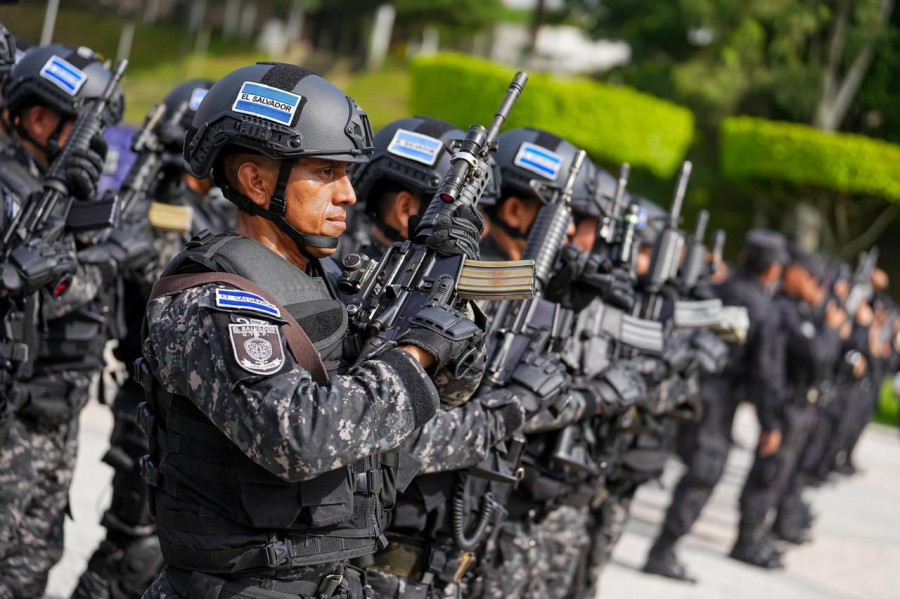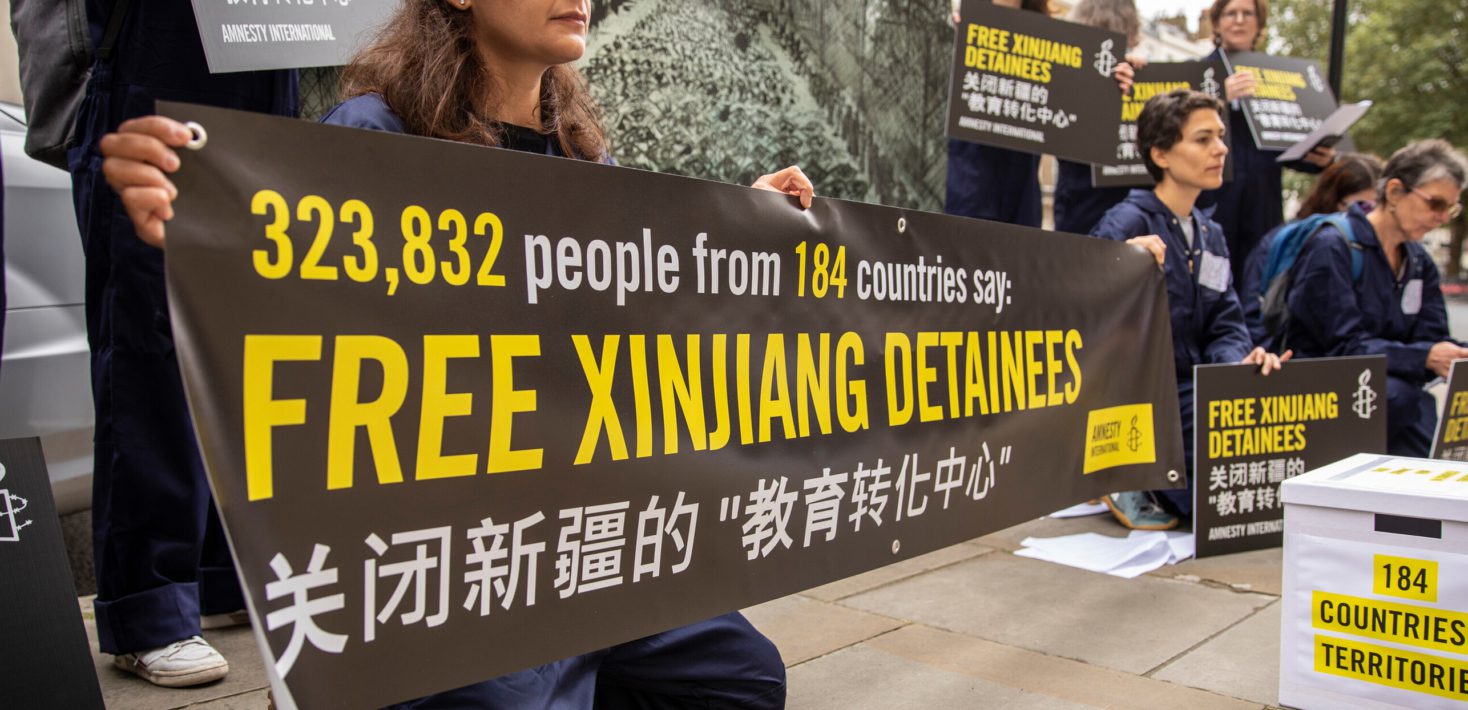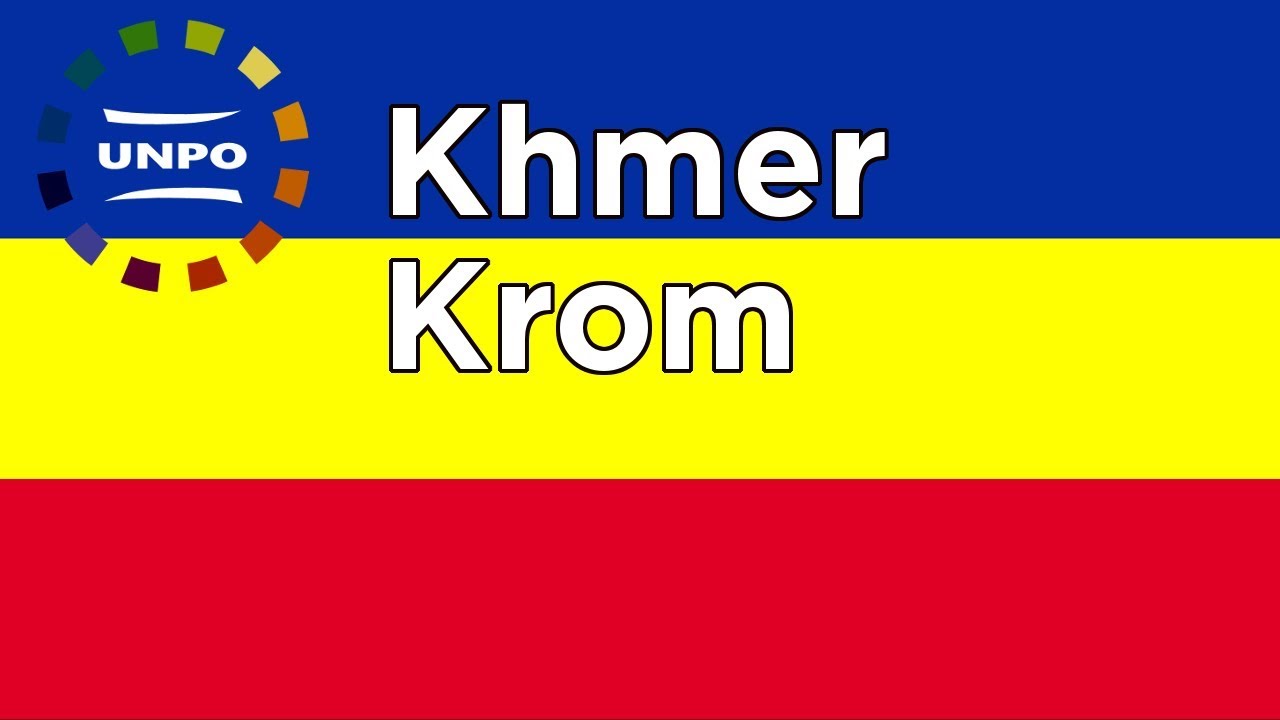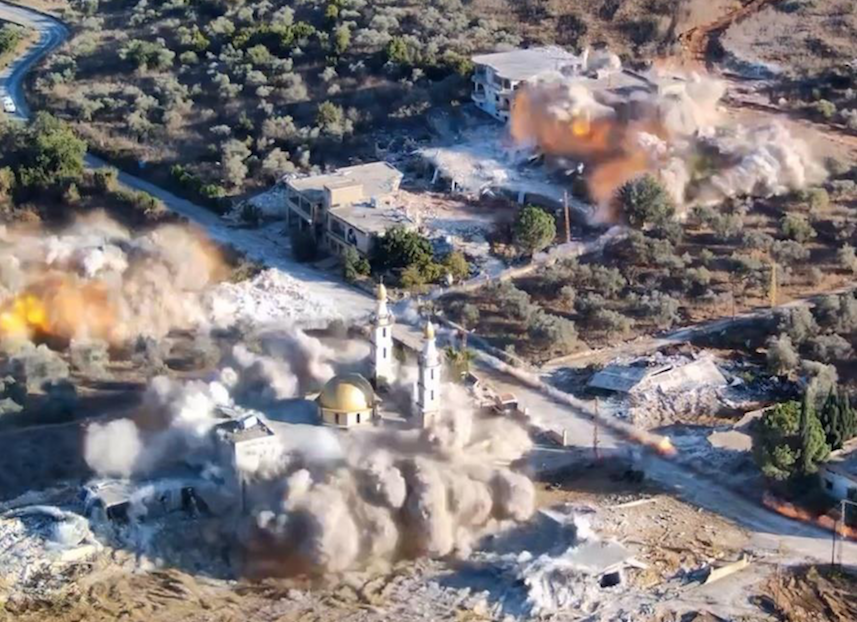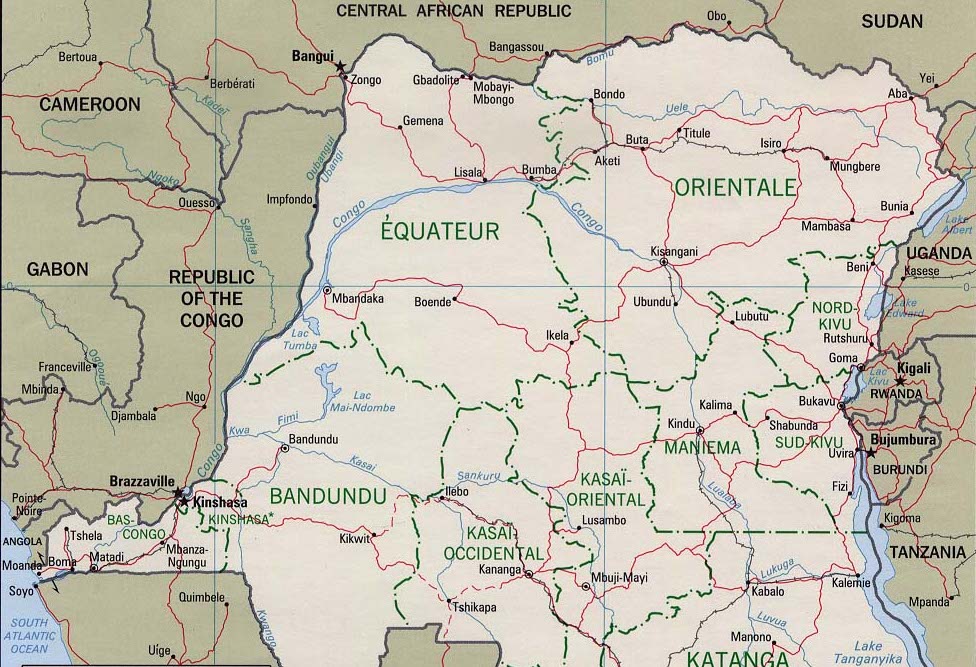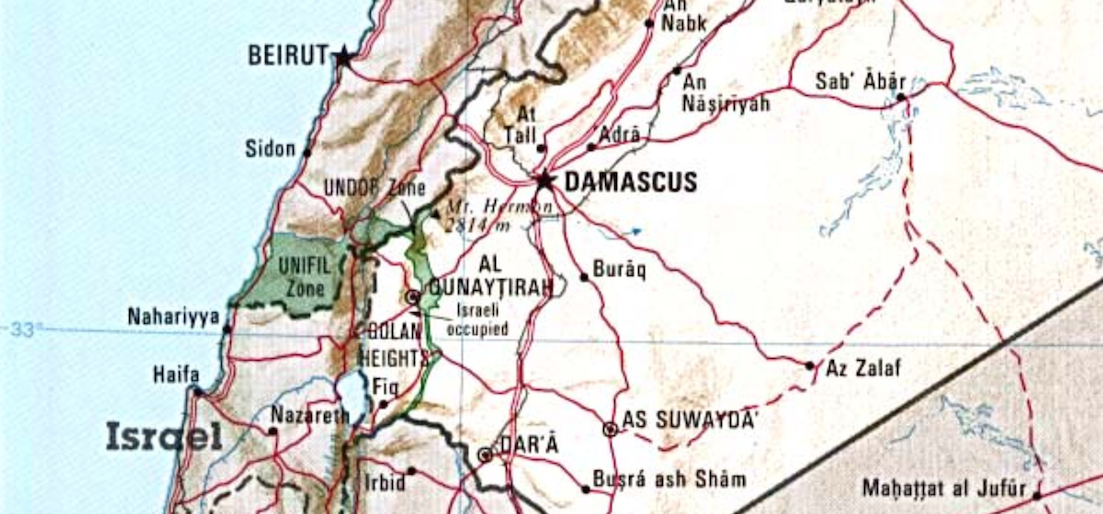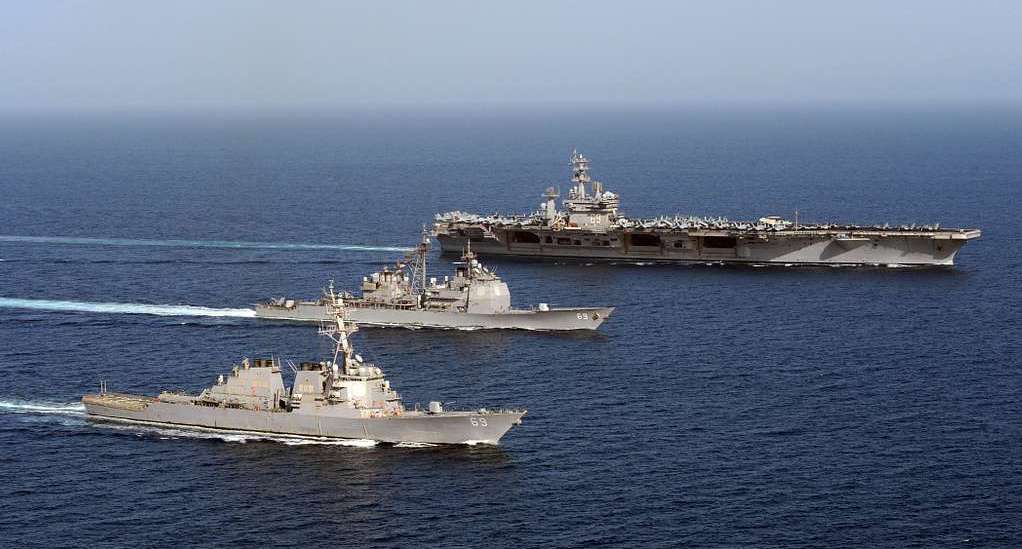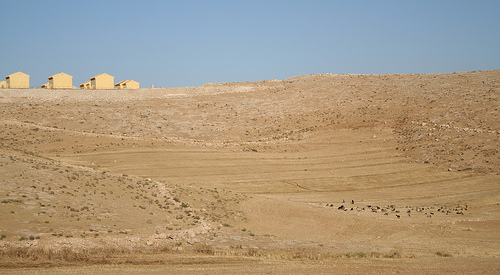
Israeli cabinet meets on West Bank annexation
The Israeli cabinet will convene to discuss annexation of areas of the West Bank, local media report. The discussion has been called in light of the recently-approved settlement construction plan spearheaded by Finance Minister Bezalel Smotrich, which will see some 3,400 housing units built in the West Bank’s contentious E1 area between Jerusalem and the Ma’ale Adumim settlement bloc. This follows approval of a Knesset resolution in favor of annexing the entirety of the West Bank. The motion, which passed 71-13, declared that the West Bank is “an inseparable part of the Land of Israel, the historical, cultural and spiritual homeland of the Jewish people,” and that “Israel has the natural, historical and legal right to all of the territories of the Land of Israel.” (Photo: delayed gratification via New Jewish Resistance)



